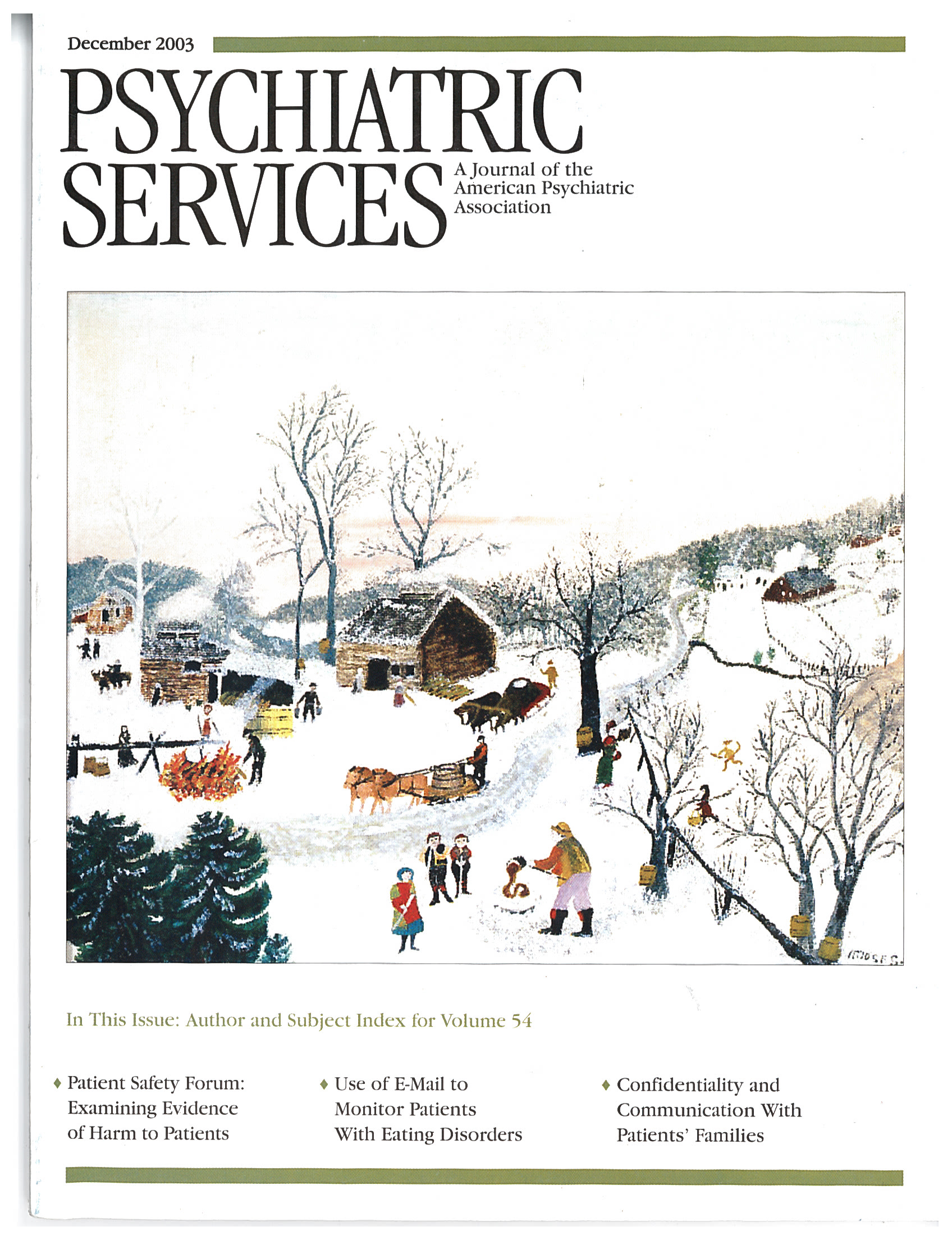A few weeks after September 11, 2001, the New York City Commissioner of Health and Mental Hygiene told Congress, "We face the possibility of a sharp increase in chronic and disabling mental health problems." Today, with two anniversaries of the terrorist attacks behind us, it is clear that the predicted epidemic of posttraumatic psychopathology did not occur.
Some small fraction of New Yorkers surely developed clinically significant reactions requiring care. Yet the broad surveys conducted by various research teams were not sensitive enough to tell us how many. They basically documented that hundreds of thousands of people had "symptoms," such as trouble sleeping, poor concentration, and bad memories. As psychiatrists Carol North and Betty Pfefferbaum soberly pointed out, "labeling such psychological effects as 'symptoms' unnecessarily implies pathology; language such as 'reactions' or 'responses' might better describe the normative, expected response to extraordinary upsetting events."
Utilization surveys showed negligible increases in visits to clinicians. Comparing the first three quarters of 2001 with the fourth, the Substance Abuse and Mental Health Services Administration noted "relatively few significant changes" (including some small declines) in the use of mental health and drug treatment services and in the prevalence of mental disorders or distress in the general population or among persons with a history of problems. Seasonal effects were ruled out by comparing similar time frames from 2000. In addition, the events of September 11 had a minimal effect on the dispensing of antianxiety medications, sedatives, and antidepressants in New York City, according to data collected by pharmaceutical industry analysts.
Two studies in this issue of Psychiatric Services confirm that the populationwide psychiatric impact of September 11 was modest. In a study by Robert A. Rosenheck, M.D., and Alan Fontana, Ph.D., veterans who were admitted to specialized intensive programs for posttraumatic stress disorder (PTSD) after September 11 were less symptomatic than those who were admitted before the attacks. Most intriguing, these veterans actually showed greater improvement. Ellen M. Weissman, M.D., M.P.H., and her colleagues present complementary findings based on data from New York and New Jersey facilities of the Department of Veterans Affairs. They found increases of less than 2 percent in the total number of outpatients treated for PTSD in the three months after September 11, and no new cases of PTSD.
New York City residents affirmed the general human response to crisis: reliance on traditional social institutions of community, family, and faith. Mental health professionals sorely underestimated their fortitude.

